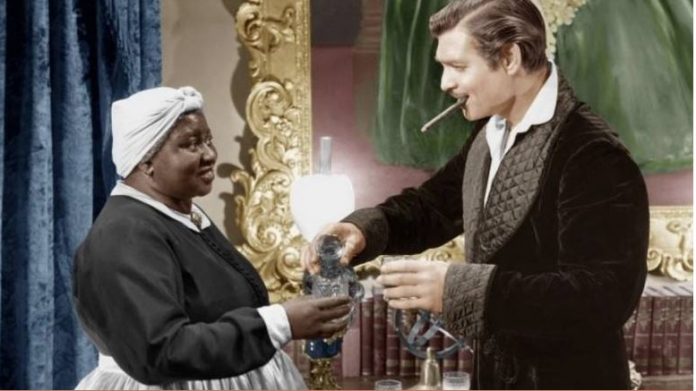The Oscar-winning US Civil War epic remains the highest-grossing movie of all time
Gone with the Wind was removed from the HBO Max streaming platform Tuesday, as mass protests against racism and police brutality prompt television networks to reassess their offerings.
The multiple Oscar-winning US Civil War epic released in 1939 remains the highest-grossing movie of all time adjusted for inflation, but its depiction of contented slaves and heroic slaveholders has garnered criticism.
“Gone With The Wind is a product of its time and depicts some of the ethnic and racial prejudices that have, unfortunately, been commonplace in American society,” an HBO Max spokesperson said in a statement.
“These racist depictions were wrong then and are wrong today, and we felt that to keep this title up without an explanation and a denouncement of those depictions would be irresponsible.”
Demonstrations have swept the United States since the May 25 killing of African American George Floyd while in police custody, with calls growing for police reform and the broader removal of symbols of a racist legacy, including monuments to the slave-holding Confederacy.
Floyd died last month as a white Minneapolis officer pressed a knee into his neck for almost nine minutes. The officer has been charged with second-degree murder.
12 Years A Slave writer John Ridley said in a Los Angeles Times op-ed Monday that Gone with the Wind must be removed as it “doesn’t just ‘fall short’ with regard to representation” but ignores the horrors of slavery and perpetuates “some of the most painful stereotypes of people of color.”
The film will return to the recently launched streaming platform at a later date, along with a discussion of its historical context, the company said. No edits will be made, “because to do otherwise would be the same as claiming these prejudices never existed.”
“If we are to create a more just, equitable and inclusive future, we must first acknowledge and understand our history.”




